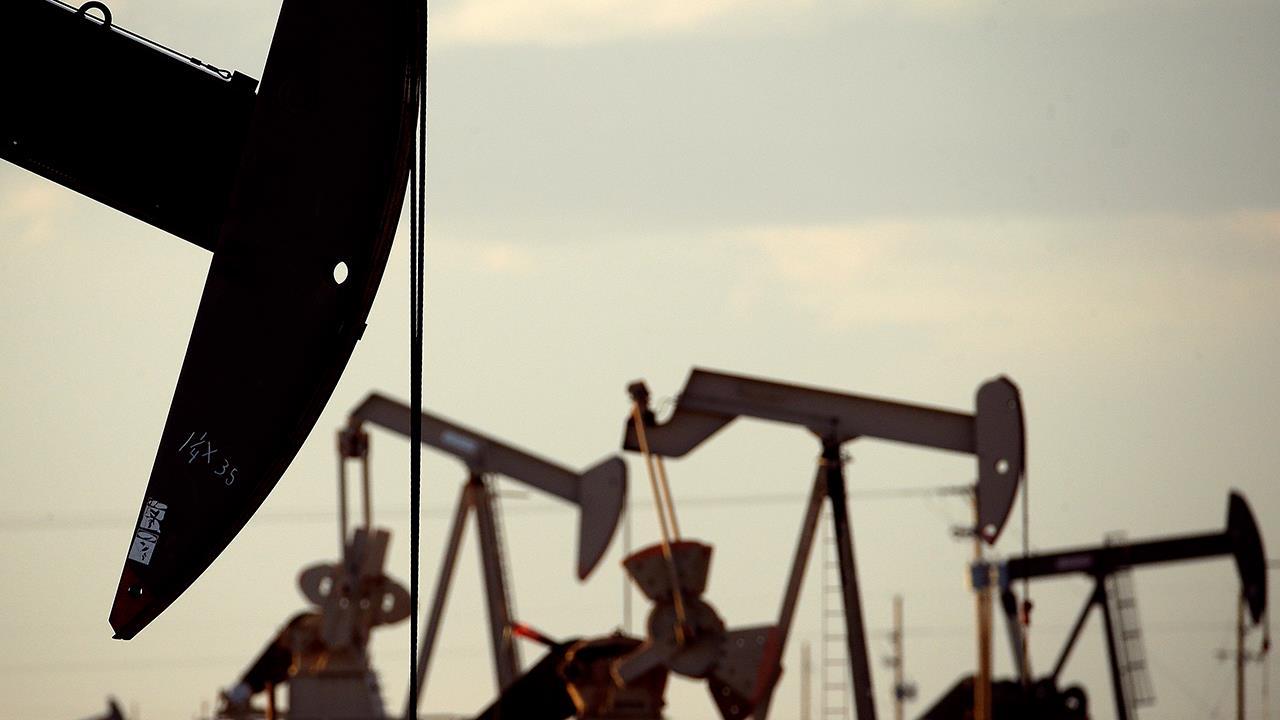Why surging gas prices may not stop consumers from spending
Higher prices at the gas pump are unlikely to deter confident consumers emboldened by low unemployment and tax cuts, according to analysts.
An increase in gasoline prices is often likened to a tax on consumers. Rising oil prices, and the corresponding increase in fuel costs, is an expense that burdens most Americans.
But the current upswing in gas prices comes at a time when consumer confidence is at an 18-year high, the U.S. economy has grown at its fastest quarterly pace in nearly four years, and unemployment has dropped to its lowest rate since 1969. When the national average for regular gasoline peaked around $4 a gallon in 2011 and 2012, consumers were still recovering from the effects of the 2008 recession.
“Gas spikes can come out of nowhere. It’s always a possibility. But gradually rising prices will not damage the economy in the way that they might have a few years ago,” said James Bohnaker, associate director of U.S. macro and consumer economics at IHS Markit.
The national average hit $2.91 Wednesday, according to GasBuddy data. That’s nearly 7 cents more than a month ago and an increase of 44.5 cents over the last year. Patrick DeHaan, senior petroleum analyst at GasBuddy, said it’s “going to be a very close call” on whether the national average reaches $3 a gallon this year. He also noted that it’s unusual for fuel prices to threaten new highs after the busy summer-driving season.
Retail fuel prices have steadily moved upward amid the rising cost of oil. The U.S. Energy Information Administration has forecast average Brent prices of $74 a barrel and $75 a barrel in 2018 and 2019, respectively. Brent crude, the international benchmark, was trading near $83.40 a barrel Wednesday. West Texas Intermediate oil prices hovered around $73.30 a barrel.
JPMorgan analysts recently warned that Brent crude could spike to $90 a barrel over the next six months in reaction to U.S. sanctions on Iranian oil exports and robust global demand.
“This is about as good as it gets as global economies go, so we have to measure everything from here,” Tom Kloza, global head of energy analysis at the Oil Price Information Service, said during an interview on FOX Business’ “Mornings with Maria.”
Tax cuts and job stability have contributed to stronger retail sales, an indication that consumers are willing to spend as they benefit from extra disposable income. Bohnaker said higher gas prices would offset some of the Trump administration's tax cuts, but given the current state of the economy, they shouldn't have a material impact on spending.
“I think confidence levels would be affected, however I don’t think it’s a great cause for concern. I don’t see [gas prices] rising too far or too fast,” he said, later adding that it would take a larger spike to disrupt consumers. “When we get to $3 per gallon range, you can see trepidation, but not enough to cause a crunch in spending.”




















